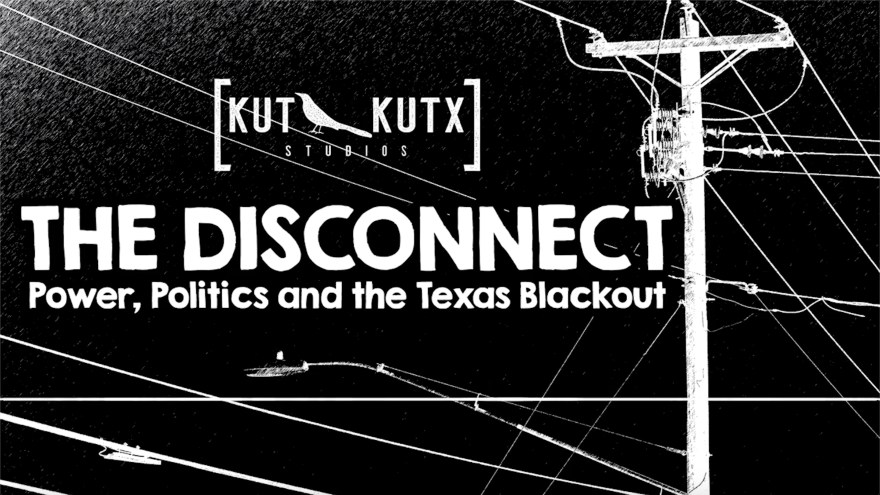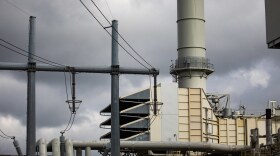After the biggest blackout in Texas history in February 2021, it seemed almost inevitable that there would be a political price to pay. The disaster killed hundreds and left millions in the cold and dark for days. At this point, though, it’s not clear that continued anxiety over the electric grid is motivating voters.
If the state of the energy system does not figure into people’s votes, it’s not because they haven’t been reminded of it.
The grid was a big part of Beto O’Rourke's campaign for governor. Back in February, the Democrats’ candidate for governor started what he called his “Keep the Lights On" tour.
“Every Texan should be able to depend on the lights staying on going forward,” he told a crowd gathered at his kick-off event in El Paso, outlining a plan to increase connections between the Texas grid and the rest of the country.
Of course for that promise to move votes, people need to agree that grid reliability is still a problem. That’s likely why Gov. Greg Abbott had already said it wasn't.
Even before O’Rourke started his "Keep the Lights On" tour, Abbott had literally “guaranteed” the lights would stay on in an interview with the Austin Fox affiliate.
As the winter weather rolled in this past February, that guarantee got a little shaky.
"Listen, no one can guarantee that there won't be a load shed event,’” Abbott told reporters in the lead up to one winter storm. “Load shed” means blackout.
In the end, the storms Texas got last winter weren’t nearly as bad as the year before and the lights stayed on. There were some close calls over the summer, but the lights stayed on then, too.
Now it’s fall, a time when extreme heat or cold is not usually an issue.
“The election isn't coming around at a time that we're really, really thinking about energy that much," says Julián Aguilar, a reporter for The Texas Newsroom.
Aguilar says other issues may have also surpassed the blackout in the minds of voters since last year.
“They're looking at gas prices going up. They're looking at the situation on the border ... the aftermath of the abortion law,” he says. “The grid is still an issue, but I think it's maybe dropped in the level of importance as it would have been, you know, had the elections been in February.”
In fact, a recent poll by The Texas Politics Project at UT Austin found only 4% of voters they surveyed saw the grid as the top issue in the election.
Hear more about how the state’s energy system, high energy bills and big energy industry donations have played into the campaign for governor on this bonus episode of The Disconnect.













